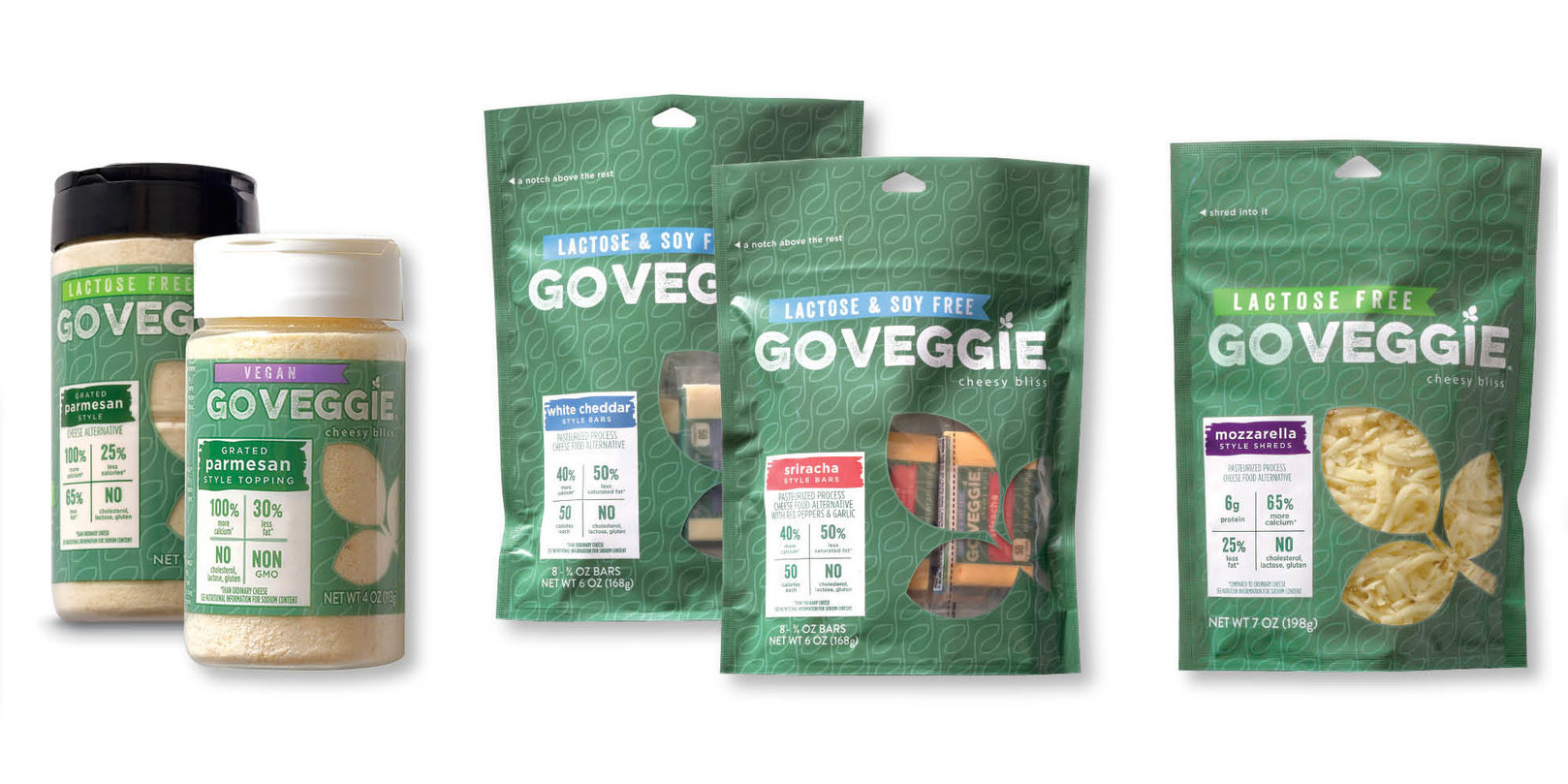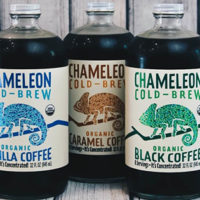
Every week we track the business, tech and investment trends in CPG, retail, restaurants, agriculture, cooking and health, so you don’t have to. Here are some of this week’s top headlines.
After news broke last week about Hershey’s $921m acquisition of Amplify Snacks into the savory snacking category, Nestle announced this week that it expects to reach a sale of its US chocolate business in the first quarter of 2018. Canada-based GreenSpace has acquired Galaxy, catalyzing the expansion of its dairy and lactose-free products into the US market. Big food companies are pouring money into nutrition science funding at a time when processed food sales are soaring and populations are suffering from food-related issues like obesity.
The FDA has undergone a federal investigation, which reported that it has not been moving quickly enough to ensure companies are issuing recalls, leaving consumers at risk of food safety hazards.
AgFunder, Food Navigator and Food & Wine predict 2018’s top food and technology trends to look out for in the year ahead. Common themes include transparency across the board, plant-based innovation and sustainability.
Check out our weekly round-up of last week’s top food startup, tech and innovation news below or peruse the full newsletter here.
_______________
1. Nestle to Sell US Chocolate Business as Market Melts – Bloomberg
The company aims to sell by the end of March, estimating the unit could fetch $1b to $3b.
2. Canada: GreenSpace to Enter US Market with Galaxy Acquisition – Project Nosh
Canadian-based GreenSpace has acquired the maker of Go Veggie plant-based dairy brand for $17.8m. Its products are currently sold in over 12k retail locations and food service channels in Canada.
3. Russia: INS Closes $42M ICO for Decentralized Grocery Delivery – Blockchain News
The startup has raised $42m towards R&D, infrastructure, administration, operations, marketing and sales as well as legal and contingency services of the INS roadmap. It expects to use blockchain technology to make its grocery supply chain more efficient.
4. Which AgriFood Tech Products Are Going Mainstream in 2018? – AgFunder
Retailers and food media predict trends in transparency, high-tech plant-based, cannabis infusions and upcycled foods in the year ahead.
5. FoodNavigator-USA’s 10 Food and Beverage Trends to Watch in 2018 – Food Navigator
Broader trends will include cellular agriculture, plant-based innovation, GMO labeling and non-GMO claims as well as clean label 2.0, continued debate over what is ‘healthy’ and reduction or rejection of sugar.
6. Malaysia: In Asia’s Fattest Country, Nutritionists Take Money From Food Giants – New York Times
Big food companies are pouring significant funds into developing countries where government research funding is scarce. Corporate money is paying scholars consulting fees and sponsoring major nutrition conferences at a time when sales of processed foods abroad are soaring.
7. Walmart Reportedly Testing Amazon Go-Like Store, Personal Shopping Service – Food Dive
A new Walmart subsidiary, Code Eight, is piloting a shopping service with computer vision, cashier-free checkout and free 24 hour delivery. It will allow wealthy city dwellers to research and buy products via text.
8. Uber’s Credit Card Is Bankrupting Restaurants… and It’s All Your Fault – Product Hunt
The true intention of Uber’s new credit card is to capture restaurant spending data and location history. The company incentivizes users by offering 4% back on any restaurant purchase rivaling every credit card on the market.
9. These Will Be the Top Dining Trends of 2018, According to the Biggest Names in Food – Food & Wine
Culinary trends include vegetables continuing to take center stage, deeper connections with food, dining out over delivery, grandmother cooking and chef-led sustainability efforts.
10. ‘Lab Fish’ Company Aiming to Match Price of Traditional Bluefin Tuna by 2019 – Plant Based News
Finless Foods just closed a funding round to develop its cultured bluefin tuna. It wants to match the price of bluefin tuna by 2019.
11. Bread is the Dish of the Year – Bloomberg
From $20 loaves to five-volume masterworks, bread is hitting new highs at restaurants, bakeries and home kitchens.





